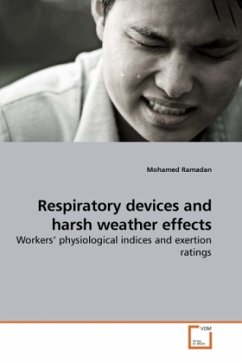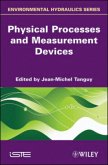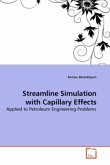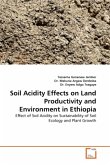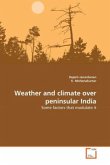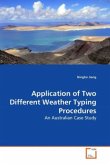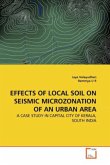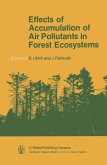Due to safety requirements to protect workers against hazardous gases and dust, wearing protective air-purifying respiratory devices tends to increase heat load on the workers. To the best author's knowledge no study assessed protective air-purifying respiratory devices in the harsh weather and tried to recommend one(s) in the heat. The goal of this project was to study the effect of different types of air-purifying respiratory devices (six devices) and different levels of heat stresses on the worker physiological indices and exertion ratings. Participates (sixteen young male) were exercised on an ergometer bike in a laboratory while wearing different respiratory types at different workloads, room temperature and humidity levels. Their effects related to the participants' body functions (e.g., heart rate, aural canal temperature and blood pressure), and their exertion ratings were measured. Results revealed that with wearing masks in the hot environments, all physiological indices as well as exertion ratings were significantly increased. The best respiratory device type that is available in the market is determined.

